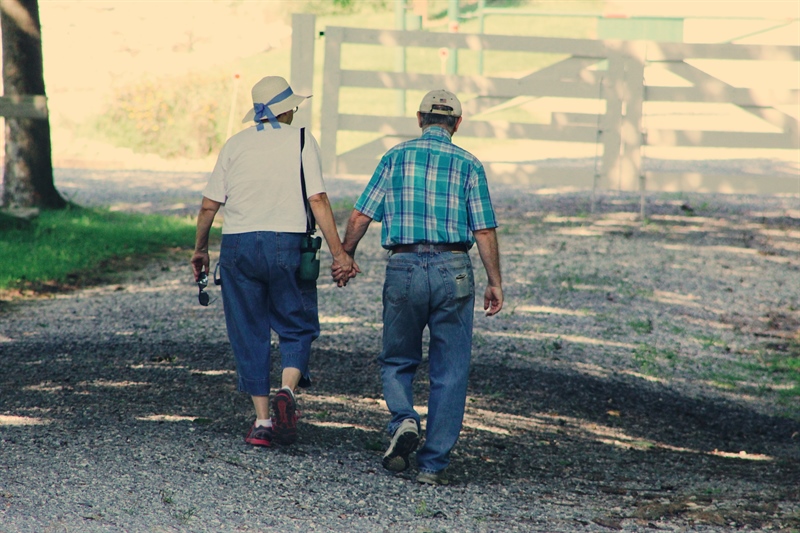Understanding Relapse
Return to use (commonly known as relapse) is often part of the recovery process. Learn how you can navigate it and return to your recovery journey

Repeated alcohol or drug use can create emotional, psychological and physical associations tied to substance use. Part of the recovery process involves creating new associations and forming new goals and behaviors. But these changes take time. While a person is in the early stages of forming new habits and associations, recurrences of use or returns to use may happen. These are more commonly known as relapses. Viewing relapse as a learning opportunity instead of failure or setback can help an individual in developing alternative and healthier coping mechanisms.
While an individual may experience the positive benefits of reducing or eliminating substances, it’s common for forward motion to be interrupted by a temporary or large-scale relapse. There are several factors that can precipitate a return to substance use. Some of those triggers include
- A return to areas or places formerly associated with substance use
- Stressful living circumstances such as housing instability, personal or professional setbacks, or societal pressures
- Mental health or physical health challenges
- Guilt, stigma or shame associated with minor lapses can create an emotional loop of perceived failure, leading to a cycle of use and guilt
How Common Is Substance Use Relapse?
Up to 40 to 60% of people with substance use disorders experience relapse or multiple lapses during the treatment and the recovery process. It is vitally important to immediately address acute physical distress, especially in the case of return to opiate use after a period of non-use. It is also important to let the individual know that relapse can be a common experience and should not be viewed as a failure of treatment or a roadblock to successful recovery.
What To Do if a Relapse Occurs
When relapse occurs, it is an opportunity to reassess and recalibrate daily routines. A good strategy is to find ways to reduce triggers while supporting the formation of alternative coping strategies. Examining what factors contributed to the relapse may yield information that points to a need for additional psychological or inpatient treatment. Incorporating items that worked well in original recovery activities, while identifying additional cues, will help create an effective relapse prevention plan.
Addiction grows and progresses over time to morph from innocent to destructive patterns of relief. Recovery, too, is progressive, and each success and perceived setback is a learning opportunity for growth and enrichment along the journey of recovery.
More Help & Information
Sobriety vs. Recovery: What's the Difference?
Are the concepts themselves up for debate? Do they require certain treatments, or abstinence from everything? It's complicated! And new ways of thinking are changing the conversation.
Now Elite NFL Players, They First Tackled Addiction | News Roundup
All Sober compiles the best of the latest headlines. Here's your addiction and recovery news for the week of Feb. 19, 2024!
Help Them Help You: Explaining Your Mental Health to Your Family
Your mental health can affect — and be affected by — your loved ones. Here's how to discuss it with them so everyone can heal.
Dry January (and Beyond): The Possibilities Are Endless
There's never been a better time to go sober. Whether you're trying it out this month or already living the life, join us for some tips, ideas, inspiration — and maybe even new friends.
Sober Holiday Tips: Meeting 'Share-a-Thons'
Need to get out of the house for a bit and see some friendly sober faces? Recovery support group meeting marathons run 24/7 from Christmas Eve through New Year's Day.
What Happens After an Intervention?
Your loved one agreed to get treatment for addiction during their intervention — or not. Here's what you need to know about what comes next.
We're in This Together: Building a Healthy Sober Support Network
You are the captain of your recovery, but you don't have to do it alone. A sober support network will lift you up in tough times and celebrate your triumphs.
Real-Life Recovery Tips: Phone a Friend
When you're traveling, you can take your sober support network with you — right in your pocket. Rocker Kasim Sulton shares his top recovery tip in this video.











